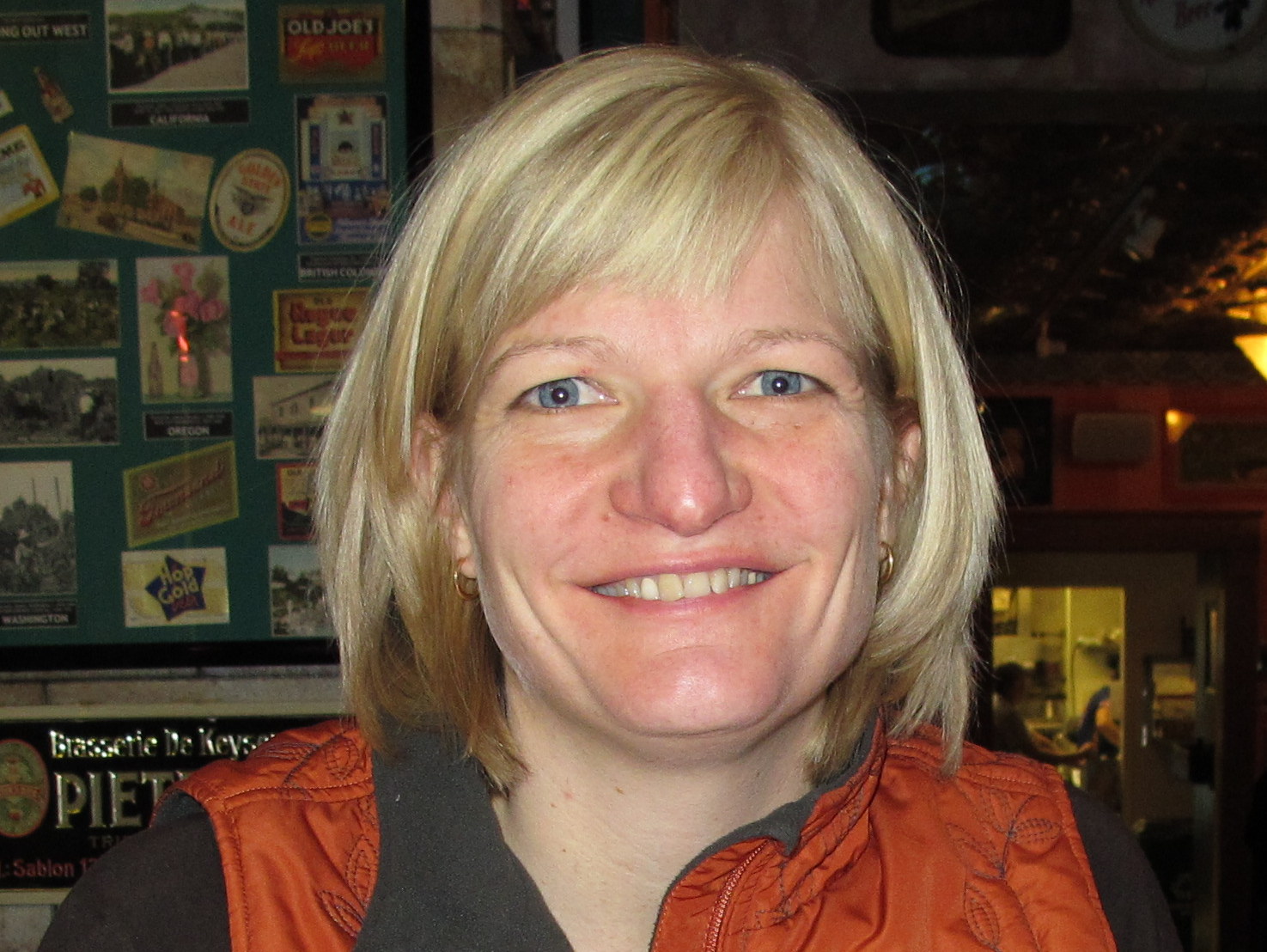 Department
DepartmentDepartment of Biological Sciences
OrganizationUniversity of Alaska Anchorage
Emailjmburns@alaska.edu
Location
Anchorage , Alaska 99508
United StatesBio
Jennifer Burns is Professor of Biological Sciences at the University of Alaska Anchorage, where she has been since 2000. She earned a B.S. in 1990 in Zoology from the University of California Berkeley, an M.S. in Fisheries in 1993 from the University of Washington, and a Ph.D. in Marine Biology from the University of Alaska Fairbanks.
Burns research focuses on understanding how the age and physiological status of marine mammals influences their diving and foraging capacities, and on how differences in rates of physiological development impact life history traits. Her work on temperate and arctic pinnipeds has suggested that juvenile behaviors are constrained as a result of higher oxygen use rates, smaller reserves, and reduced body size, and that these constraints likely impact growth and survival. Research in Antarctic waters has focused on seasonal shifts in behavior and condition, and overwinter foraging strategies of crabeater and Weddell seals. Recently, her work has expanded to include studies of how nutrition and micronutrients may influence the development, how changes in climate and seasonality may influence life history events, and how different types of environmental knowledge can be integrated to improve local understanding.
Jennifer has served on a number of national committees and organizing groups, including the US GLOBEC Scientific Advisory Committee, The North Pacific Fisheries Management Councils Scientific and Statistical Committee, the Prince William Sound Regional Citizens Advisory Councils Scientific Steering Committee.
Burns research focuses on understanding how the age and physiological status of marine mammals influences their diving and foraging capacities, and on how differences in rates of physiological development impact life history traits. Her work on temperate and arctic pinnipeds has suggested that juvenile behaviors are constrained as a result of higher oxygen use rates, smaller reserves, and reduced body size, and that these constraints likely impact growth and survival. Research in Antarctic waters has focused on seasonal shifts in behavior and condition, and overwinter foraging strategies of crabeater and Weddell seals. Recently, her work has expanded to include studies of how nutrition and micronutrients may influence the development, how changes in climate and seasonality may influence life history events, and how different types of environmental knowledge can be integrated to improve local understanding.
Jennifer has served on a number of national committees and organizing groups, including the US GLOBEC Scientific Advisory Committee, The North Pacific Fisheries Management Councils Scientific and Statistical Committee, the Prince William Sound Regional Citizens Advisory Councils Scientific Steering Committee.
